400,000 children in DR Congo could starve to death within months: UNICEF
The United Nations Children's Fund (UNICEF) has warned that at least 400,000 children could starve to death in the conflict-wracked Democratic Republic of the Congo (DRC) within months without emergency intervention.
The UN agency raised the alarm in a statement published on Tuesday, warning that all these children, who are “under five,... are suffering from severe acute malnutrition and could die in 2018 if they are not urgently reached with life-saving health and nutrition interventions.”
The appalling crisis, which is the latest to hit the central African country, was deepening in the vast region of Kasai, the fund said, adding that an 18-month-long mixture of violence, mass displacement and faltering agricultural output were having a crushing impact on the very young.
“This nutrition crisis and food insecurity in the Kasai region follows the displacement of thousands of families who have been living for months in very harsh conditions,” said Tajudeen Oyewale, UNICEF’s acting representative in the DRC.
Back in 2016, fierce fighting erupted between local groups and government troops in the wake of the murder of a tribal chieftain who had rebelled against unpopular President Joseph Kabila's regime in the capital Kinshasa. The bloody clashes led to the death of several thousand people and the displacement of around 1.4 million others, who fled their homes, leaving fields untended.
According to the UN reports, the catalogue of alleged violence included extrajudicial killings, rapes, torture and the employment of child soldiers, plus torching of villages and the systematic destruction of schools, public buildings and medical centers.
The UN agency further said in its statement that although security and stability had partially been restored in some parts of Kasai, the persisting lack of food still haunted the region right up until next June since the planting seasons for this year had been lost.
“Families have little harvest from their own land and nothing to sell at the markets,” it further said.
UNICEF, which has been intervening in the Kasai crisis since early this year, added that the volatile region’s health infrastructure had been destroyed.
“Approximately 220 health centers were destroyed, looted or damaged, leading to a weakening of the health delivery system, reduced access to healthcare and an increased risk in the spread of communicable diseases like measles,” the statement read.
In October, the UN refugee agency reported that some 3.9 million people had been displaced in the DRC due to the widespread violence, declaring that the crisis was a “level three” emergency, the highest on the scale.
On December 7, suspected members of the Allied Democratic Forces (ADF) rebel group attacked the Company Operating Base, run by the MONUSCO (the UN Stabilization Mission in the DRC), at Semuliki in Beni territory, and engaged in a three-hour-long fierce gun battle with the peacekeepers at the base, killing at least 14 blue helmets and wounding more than 50 others, a number of them critically.
Most of the slain peacekeepers were from Tanzania while at least five of them were Congolese.
The African country had one of the most brutal colonial rules before undergoing decades of corrupt dictatorship and back-to-back civil wars that left the diamond-rich country poor and politically unstable.
In 2006, the UN mission helped carry out Congo's first free and fair elections in 46 years, paving the way for President Kabila to be elected for a five-year term. Kabila, however, refused to step down after his second elected term officially expired on December 20, 2016, prompting deadly wave of violence across the African state.
Gaza faces imminent famine as people starving to death: UN warns
North Korea to stand up to sanctions, bolster military power: Official
Hezbollah says 2,000 Israeli forces killed, injured in operations since Gaza war began
War of wills: Iran army chief vows crushing response to any aggression
April 24: ‘Axis of Resistance’ operations against Israeli occupation
Tabas sand defeats US military
'US secretly sent long-range ATACMS missiles to Ukraine in recent weeks'
Iran: Awakened world public opinion determined to stop Israel war crimes


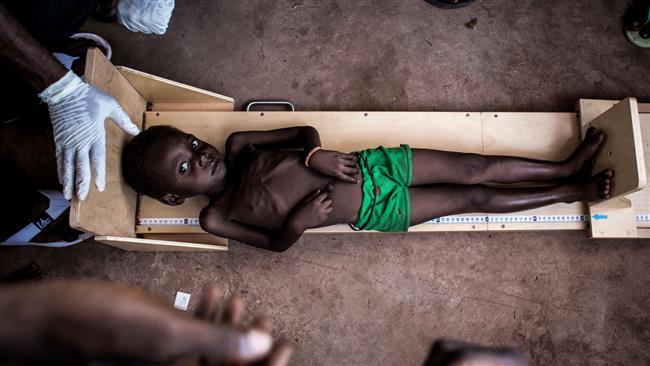

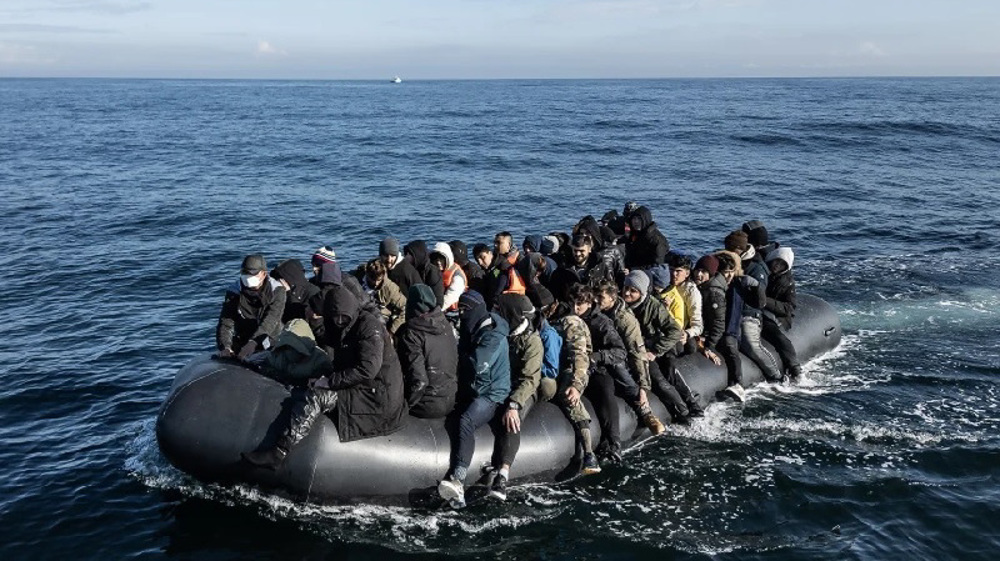
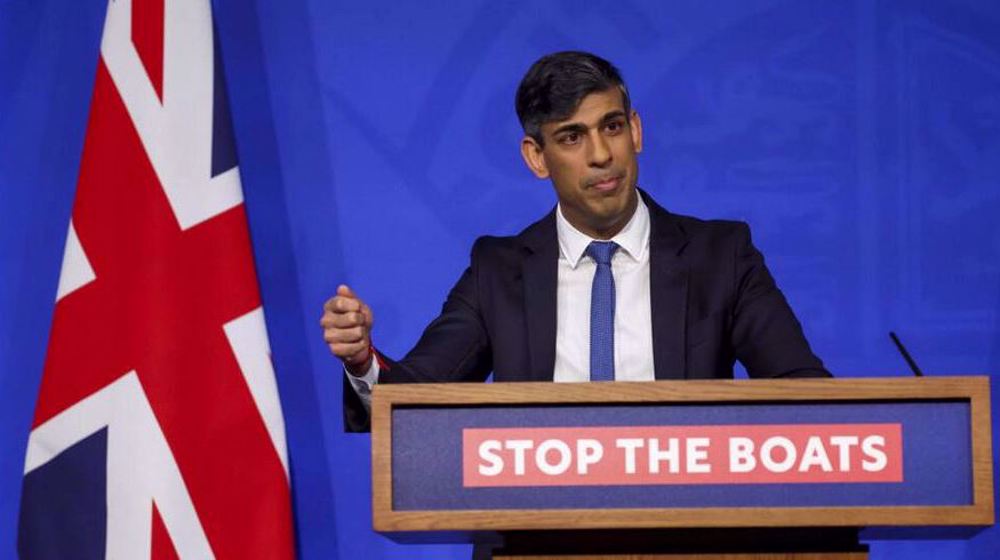
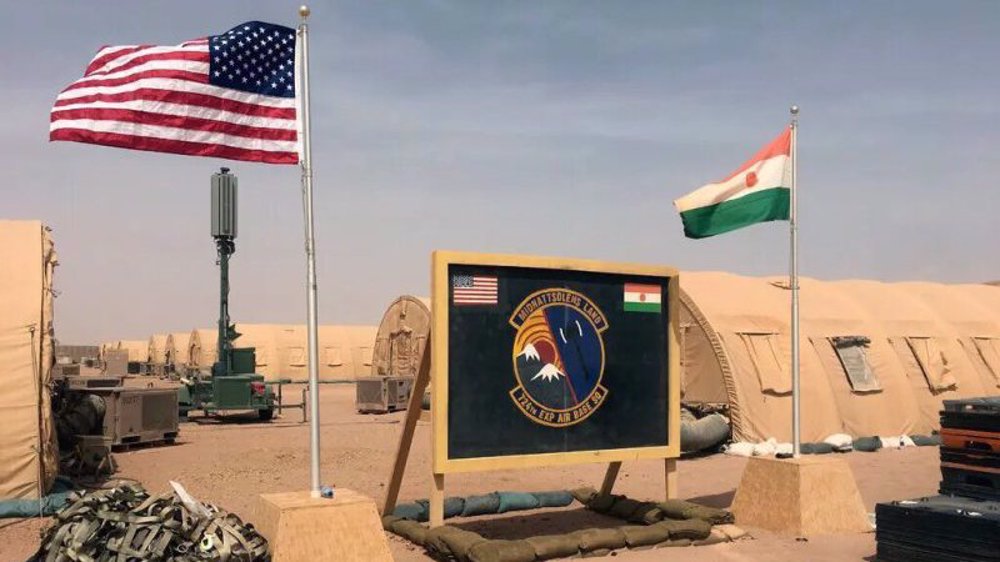



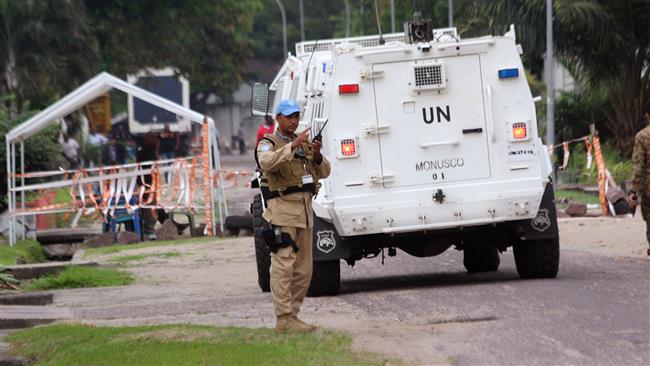
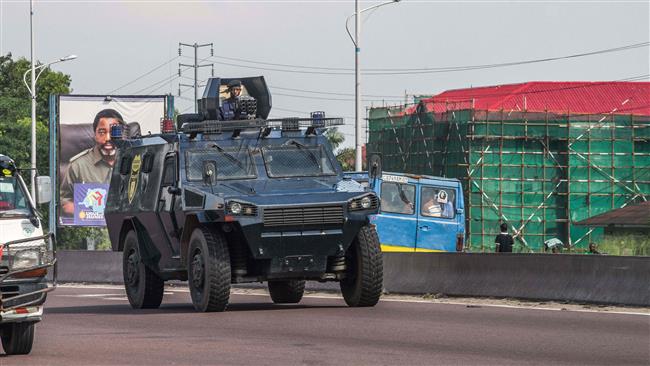
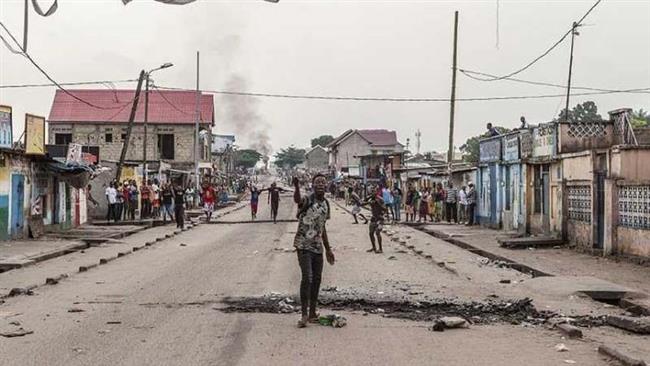

 This makes it easy to access the Press TV website
This makes it easy to access the Press TV website